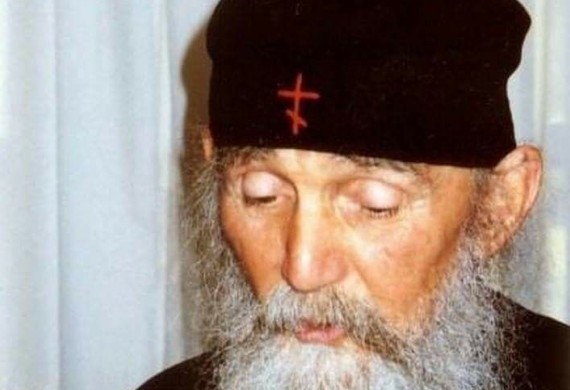The older I grow, the more I perceive the instability, the vanity of earthly things. Oh, why do we trouble ourselves in vain? Our life is short—dust, ashes, a dream—and in a little while, we shall taste corruption. Today you have your health, and tomorrow you lose it; today you are laughing, and tomorrow you are sullen. Now your eyes are shedding tears from an abundance of joy, and soon they will be shedding tears from pain and grief; today the economy is stable, and tomorrow misfortune strikes; today you receive good news, and in a little while bad news replaces it.
In vain we trouble ourselves; life is a shadow and a dream. Where are our parents, our siblings, our grandparents? The tomb has received them all; they have all decayed and have been eaten by worms. The tomb and decay await us also!
Ah, ah, death —bitter is your remembrance. Our Christ has given us the power to become sons of God 1 by arming us with so many divine weapons to fight our relentless enemy. But we —and I, above all— become prisoners of our enemy by neglecting the weapons Christ gave us, and as we approach death we tremble in agony and try by every means to prolong our life, because the soul is afraid to leave the body. Why is it afraid? Why does it not take courage as a child of God? Is it going perhaps to a foreign king? But the king is its Maker, its Savior, Who shed His blood in order to redeem our soul from its enemy. Why then does it fear and lack courage?
Death is inherently cold —“My soul is exceedingly sorrowful, even to death,” 2 said our Jesus. Yes, death is cold by nature. But unfortunately, most of the fear comes from the conscience: the conscience does not assure the soul that it has lived properly; it has not put itself in order; it has not washed its wedding garment, and so it is ashamed to present itself to the King, thinking about what the verdict will be: yes or no? Will I be saved or not? If, however, the soul leaves without having confessed and without having repented completely, then woe —this is the evil day which the prophet Jeremiah hints at. 3 Let us pray that our holy God will deliver us from this by giving us complete repentance, worthy works of repentance, works of mercy and love, and a spirit of repentance with true humility, so that the just Judge may be merciful towards us, so that when the fearful hour of death comes, the soul will take courage in the mercy of God and say, “I trust in God, that He will have mercy on my lowliness.” Amen; so be it.
—-
1 cf. Jn. 1:12
2 Mt. 26:38
3 vid. Jer. 17:17
subm. no. 25
paragraphs: 1-4 from pages 145-148
From the book
Councels from the Holy mountain
Selected from the letters and homilies of Elder Efraim of Arizona
Selection of passages from the book by Silviu Podariu

